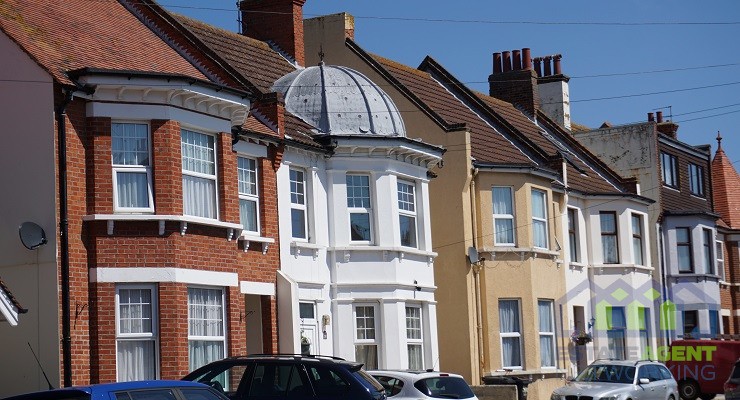Steel, aluminium or cast iron – which radiator should you choose?
The domestic radiator market has never been more exciting. No, really. Gone are the days when all radiators looked the same, utilitarian white heat boxes on the walls of your home. These days, not only is there a wealth of interesting shapes and exciting designs available, there’s real a choice of materials too.
But which metal should your radiator be made from – mild steel, stainless steel, aluminium or cast iron? Let’s take a look at the pros and cons of each.
Mild Steel
Mild steel is the most common radiator material, particularly at the low to medium end of the market. It’s highly competitively priced and long lasting – the perfect metal for the intended purpose. There is no other radiator material that comes is as many styles and designs, and finishes such as painted or chrome plated, to give you a vast range of radiators for all occasions.
Mild steel radiators are built to be solid – if you’ve ever bumped into one accidentally, you will understand what that means. Maintained properly, they can last for generations – no wonder they’ve always been a popular material for radiators in commercial and educational establishments.
An important aspect of mild steel radiator installations is that they can be prone to internal rust, especially in households with combi boilers or mega flow (closed) central heating systems. If you have a new mild steel radiator fitted, make sure that an inhibitor is added to the system to prevent rust build-up and that your boiler is serviced regularly.
Stainless Steel

Source: The Designer Radiator Company
Stainless steel radiators are strong, durable and available in a wide range of designs, just like mild steel radiators. The major difference lies in the resistance to rust and corrosion which makes stainless steel radiators pretty much unaffected by internal rust build-up. Because of their anti-corrosion and anti-stain properties, stainless steel radiators tend to come with much longer guarantees ranging up to 25 years.
However, as 100% rust resistance cannot be guaranteed, we would always recommend that an inhibitor is added to your central heating system regardless, just to be on the safe side and to eliminate any chance of rust in your water system.
Another advantage of stainless steel as a material is that its heat conduction is around 15% better than mild steel, since no protective coating is required. The material can be finished as a mirror polish, brushed satin or brushed matte finish and all it takes is a wipe with a damp cloth to keep your radiator looking good.
On the downside, stainless steel is considerably more expensive than its cheaper mild steel cousin, and there are not quite as many styles and finishes to choose from.
Aluminium

Source: House Beautiful
Aluminium, the new kid on the block in terms of radiator materials, comes in some truly stunning modern designs. It is a ‘super conductor’ that heats up and cools down very quickly and produces 2-3 times the heat output of the other radiator materials. This means that you can get away with fitting a smaller radiator for the same space – an efficient and cost effective solution.
Aluminium is a very lightweight material, which is great for partitioning stud walls that have a low weight limit. It’s strong, flexible and rust resistant and a very durable material for radiators, which take a lower than average water content to operate. In addition to lower energy bills, aluminium is an eco friendly material that’s easy to recycle.
The disadvantages of aluminium radiators include their high price and a softness in the material that means it could dent easily if knocked.
Cast Iron

Source: Houzz
Cast iron is the original radiator material and it’s now back in fashion big time. Classic and elegant in appearance, some of the designs for cast iron radiators go back to Victorian times, so if you want a traditional look in your home, you can’t go far wrong with this material.
Built to last for generations and incredibly heavy, cast iron radiators are superb heat conductors able to produce vast heat outputs to rival even stainless steel and aluminium radiators. However, it’s the way that the heat is produced that differs substantially from other materials. Unlike aluminium and steel, cast iron takes a long time to heat up; once hot it keeps the heat incredibly well. Switching on the radiator requires a bit of forward planning – these rads don’t respond to instant heat demand!
In terms of price, cast iron radiators come in as the most expensive. However, viewed as a long-term investment into your home, they will repay the initial outlay many times over while continuing to look stunning.






